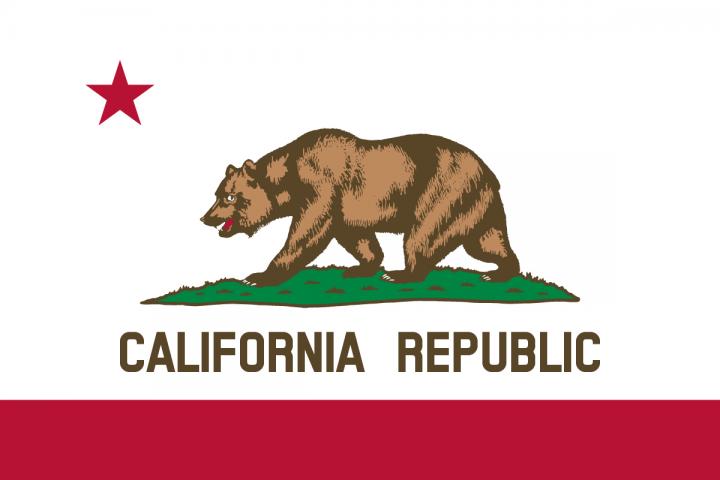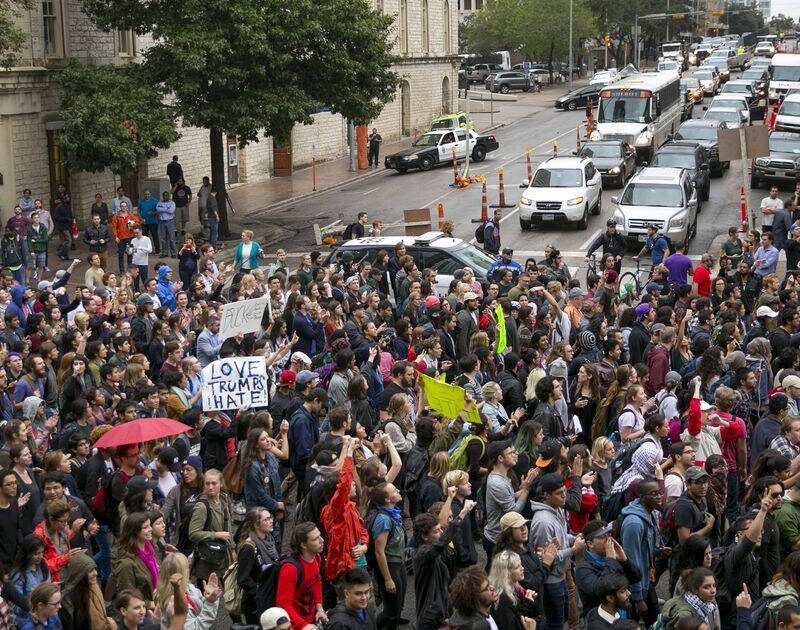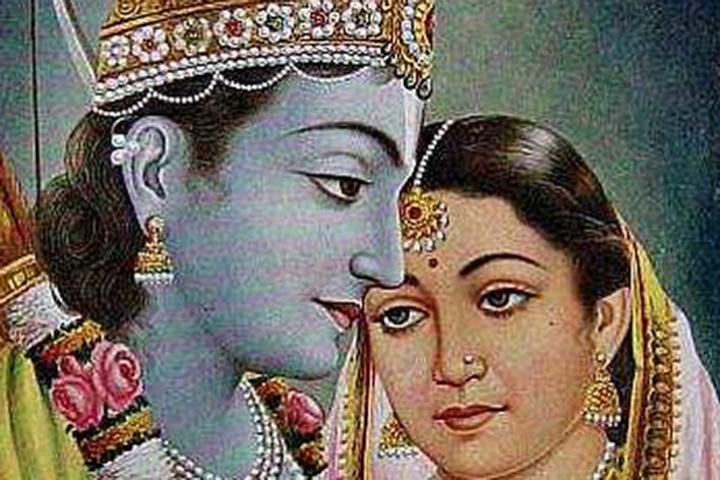
The State of California’s Department of Fair Employment and Housing sued the Silicon Valley tech giant Cisco Systems in June 2020, accusing the company of engaging in unlawful employment practices over a claim by an Indian-origin employee that two managers, also of Indian origin, allegedly discriminated against him on the basis of his assumed caste. The case was initially filed in federal court, but has since been re-filed in state court. Cisco Systems is promising a vigorous defense, rejecting the claim of discrimination.
The State’s claim goes well beyond the specific allegations of caste discrimination, however. Despite not knowing what caste is, it attempts to define it in a way that maligns an entire community and religion. In so much that caste discrimination is a kind of malice against someone based not on their inherent worth, but something else, HAF wholeheartedly agree that it is wrong and condemnable.
But the State of California has defined Hinduism in contradiction to the precepts of the religion and the beliefs of an overwhelming number of its own adherents. This violates the religious freedom rights of Hindu Americans.
The State of California has also failed to provide any definition or workable method to determine anyone’s caste other than an assumption that Hindus of Indian descent must identify as part of a specific caste, ascribe to a “strict Hindu social and religious hierarchy,” and engage in caste discrimination. The State’s inaccurate and unconstitutional definition will perversely lead to increased targeting of and discrimination against Indian-origin, and particularly Hindu workers by marking them as a suspicious class. This violates the due process rights of Hindu Americans.
We vehemently opposes all types of caste-based discrimination. We also reject any claim that prejudice and discrimination based on caste are inherent to Hinduism and take great exception to the State of California’s defaming and demeaning all Hindus by attempting to connect a caste system to the Hindu religion.
Here’s why.
California has unconstitutionally defined Hindu religious doctrine, and perpetuated false and dangerous stereotypes equating caste-based discrimination with Hinduism and Hindus
California’s complaint states:
“As a strict Hindu social and religious hierarchy, India’s caste system defines a person’s status based on their religion, ancestry, national origin/ethnicity, and race/color—or the caste into which they are born—and will remain until death.” (emphasis added)
In connecting caste and caste-based discrimination to Hindu teachings and practice, the state’s suit explicitly defines and ties Hinduism to inequality.
The State of California’s assertion is a clear violation of the First Amendment’s guarantee of religious freedom because rather than allowing Hindus to define their religions for themselves, the state is defining the precepts and practices of Hinduism for Hindus.
Such unconstitutional overreach by the State of California should be concerning for all Americans.
Not only is California’s definition unconstitutional, it’s wrong
Any assertion that caste discrimination is integral to Hindu teachings and practice is not only wrong, it traffics in anti-Hindu hate.
Hinduism teaches that the Divine is equally present in all. Because all beings are connected through this shared divine presence, prejudice and discrimination against anyone or any group violates this most profound and fundamental teaching and the moral duties of selflessness, non-injury, and truth evoked by it.
Hinduism’s wide array of sacred texts, stories, and poetry, and widely respected spiritual teachers, both past and present, repeatedly emphasize this profound life lesson. Moreover, every major sampradaya (Hindu religious tradition) and Hindu socio-religious organization rejects caste-based discrimination.
California’s failure to provide any definition or workable method to determine anyone’s caste will lead to more discrimination
The only consistent factor California seeks to identify with caste is that it is an inherent part of Hinduism. That this authorizes or encourages seriously discriminatory enforcement against Hindus and Americans of South Asian descent is self-evident. Without any context outside of its asserted connection to Hinduism, the DFEH has provided no meaning or definition of caste and would set up a legal structure that actually requires the discrimination it seeks to prevent.
California has also blown a dog-whistle for anti-immigrant bigotry
The State of California frames the beginning of its complaint in blatantly racist and anti-immigrant terms. It alleges that Indians are “significantly overrepresented” at Cisco, which could be read to be implying that similarly qualified non-Indian immigrants are being ignored in hiring there and at other tech companies.
Such framing — that hordes of Indians are overrepresented, taking away American jobs — is common rhetoric amongst anti-immigrant extremists and hate groups.
Predictably, news of the lawsuit is stoking a spate of xenophobic attacks targeting Indian and Hindu Americans. A recent story covering the case in Breitbart evinced comments like these:
- ”Cuts both ways however. After India was colonized by the English and they achieved independence. The Indians booted every white out of the place. Same will happen in the west. The day will come when the Indians [sic] etc get re-immigrated.”
- “Then south Asia — India specifically— talk about a racist society! My god.“ it’s a part of their bloody religion!”
- ”We don’t want too many Indians in the USA. After all, look what those geniuses did to India. Too many geniuses in one place seems to be a bad thing,”
California also perpetuates racist European theories about caste
California’s claims about Hinduism and its conflation of caste with race and color, stem not from Hindu understanding of their own religion and history, but rather from the misinformed and misrepresentative assertions by Western Europeans.
British colonial occupation defined Hinduism not based on Indians’ own understandings of Hinduism’s precepts and practices, but rather on the British’s own 18th and 19th century belief in their superiority over non-white, non-Christian peoples outside of Europe. British colonial government latched onto existing non-uniform, highly localized social and cultural divisions within India to devise a four-fold pan-Indian caste system to use to control the occupied.
The caste system as defined by the State of California is merely a reflection of this British-created administrative tool and the scientific racism that was in vogue at the time.
California is targeting its Californians of Indian descent.
Discrimination based on national origin is already prohibited under US law as is ancestry and ethnicity under many state laws and public and private sector employment policies. National origin, ancestry, and ethnicity have been interpreted as protecting against discrimination on the basis of birthplace, ancestry, culture, or linguistic characteristics — all of which are social markers associated with the various theories about caste.
Every protected class under US civil rights law, namely race, national origin (ancestry/ethnicity), gender, religion, disability, age, and now sexual orientation are broad, facially neutral, universal classes. They seek to address well documented bases of discrimination broadly.
Caste as a specific category is problematic because it singles out and targets people of Indian descent given the singular association of caste and a caste system with India. Caste as a specific class also suggests that there is a prevalent form of prejudice and malice amongst only people of Indian and/or South Asian descent and Hindus that is so entirely different and abhorrent that they should be marked a suspicious class on the basis of their race, national origin, ethnicity, or religion and specifically monitored and policed. This in itself is discriminatory in light of the fact that prejudice and discrimination based on social backgrounds such as clan, class, sect, tribe, or other factors is prevalent within all countries and cultures.
Conclusion
Stopping prejudice and discrimination are worthy goals that directly further Hinduism’s teaching about the equality of the divine essence of all people.
Companies should work on creating a safe environment for all employees to thrive and be mutually respected. Any issues of unfair treatment should be thoroughly addressed and resolved.
But wrongly tying Hinduism and Hindus to the abhorrent act of caste-discrimination undermines that goal and violates the First Amendment rights of all Hindu Americans. It denies them equal protection and due process based on their national origin and religious affiliation by uniquely targeting them in the absence of any universally accepted understanding of what “caste” is or proof of widespread discrimination on its basis.








































